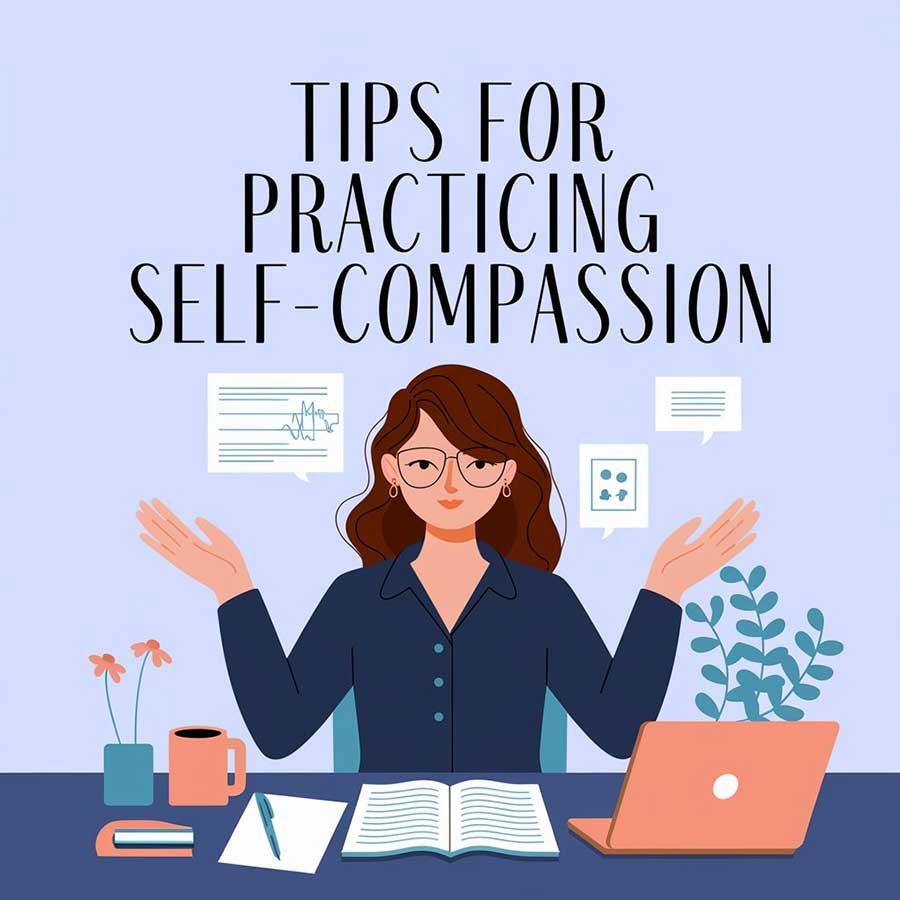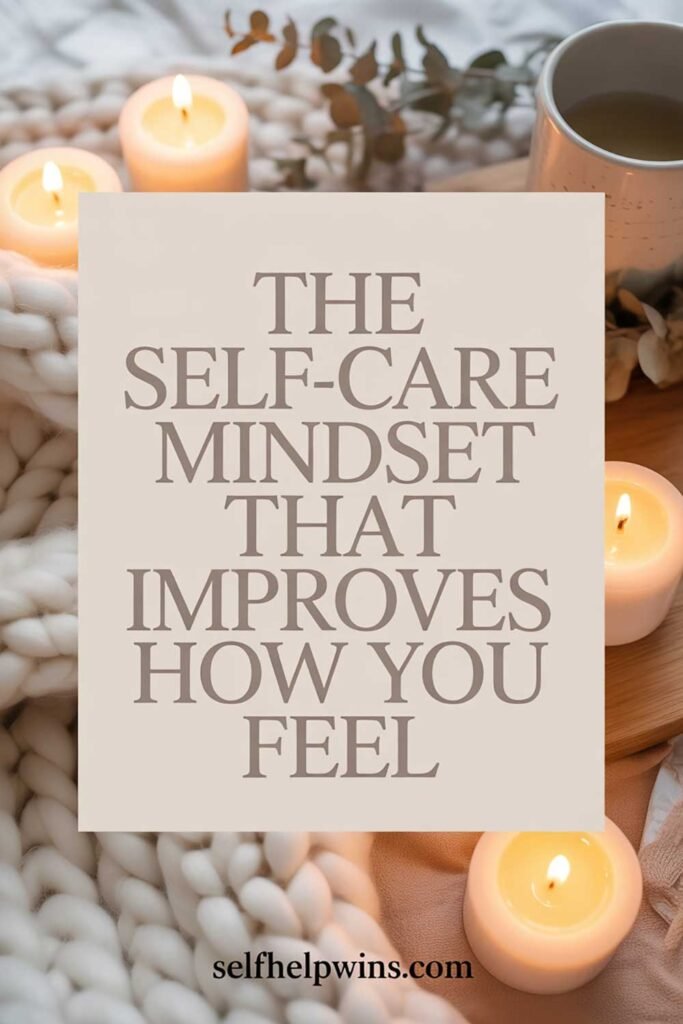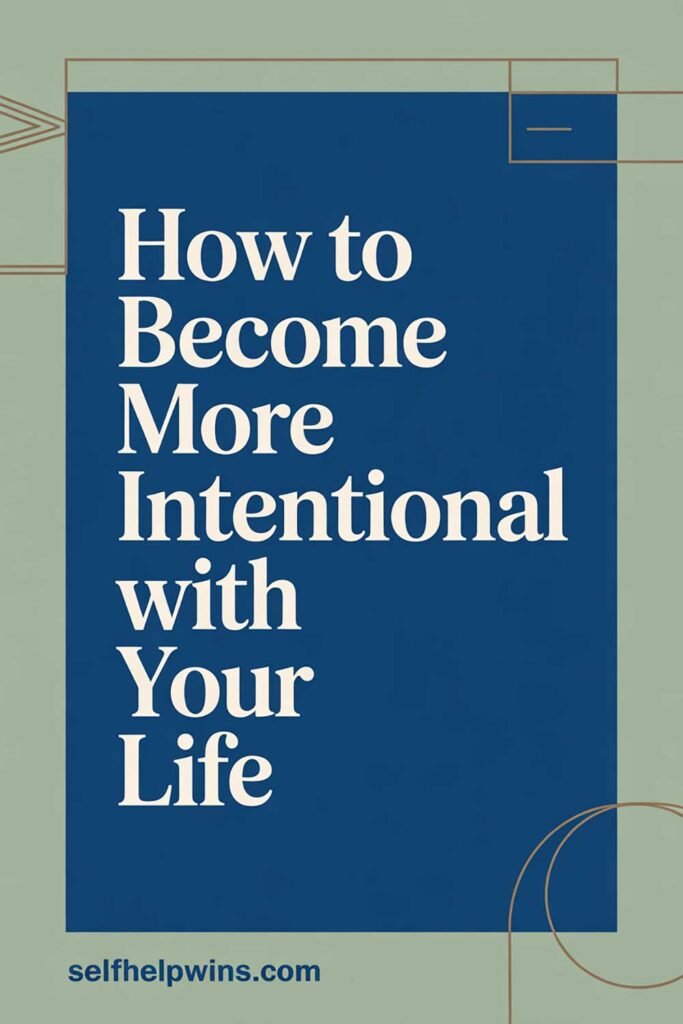
Tips for Practicing Self-Compassion
Self-compassion is the foundation of emotional resilience and personal growth. Yet, many people struggle with being kind to themselves, often engaging in harsh self-criticism that fuels anxiety, self-doubt, and low self-worth. The good news? Self-compassion is a skill that can be learned and strengthened over time. By practicing self-compassion, you can improve your mental health, boost your confidence, and develop a more positive relationship with yourself. Here’s how to cultivate this essential skill in your daily life.

1. Acknowledge Your Pain Without Judgment
One of the biggest obstacles to self-compassion is self-judgment. Instead of suppressing or ignoring your pain, acknowledge it with kindness. When you experience difficulties, tell yourself:
- “This is a tough moment, and that’s okay.”
- “I am allowed to feel this way.”
- “Struggling does not make me weak—it makes me human.”
By accepting your pain rather than resisting it, you create space for healing and self-growth.
2. Talk to Yourself Like You Would a Friend
If a close friend was going through a difficult time, how would you comfort them? Chances are, you would offer them words of encouragement and understanding. Now, try applying that same gentle approach to yourself.
Instead of saying: “I always mess things up. I’ll never get this right.” Try: “I made a mistake, but that doesn’t define me. I can learn and grow from this.”
Your inner dialogue has power—make sure it’s working for you, not against you.
3. Practice Mindfulness
Mindfulness is the practice of staying present and accepting your thoughts and emotions without over-identifying with them. It helps prevent self-judgment by allowing you to observe your feelings rather than getting lost in them.
Try this simple mindfulness exercise:
- Close your eyes and take a deep breath.
- Notice your thoughts and emotions without labeling them as “good” or “bad.”
- If you catch yourself being self-critical, gently redirect your thoughts to self-compassion.
Over time, mindfulness can help you develop a more balanced and compassionate perspective toward yourself.
4. Allow Yourself to Be Imperfect
Perfectionism is one of the greatest barriers to self-compassion. If you constantly set impossibly high standards for yourself, you are likely to feel frustrated and disappointed when you don’t meet them.
Instead of striving for perfection, embrace the idea that imperfection is part of being human. Give yourself permission to:
- Make mistakes and learn from them.
- Take breaks when you need them.
- Be a work in progress.
Self-compassion means accepting yourself as you are, not just when you achieve your goals.
5. Practice Self-Care Without Guilt
Taking care of yourself is not selfish—it’s necessary. Engage in activities that bring you joy and relaxation without feeling guilty about it. Whether it’s taking a long walk, reading a book, or enjoying a favorite hobby, prioritize self-care as an essential part of your routine.
Ask yourself:
- “What is one small act of kindness I can do for myself today?”
- “Am I treating myself with the same care I would offer a loved one?”
By making self-care a habit, you reinforce the idea that you are worthy of love and kindness.
6. Challenge Your Inner Critic
Your inner critic can be relentless, but you don’t have to believe everything it says. When you catch yourself engaging in negative self-talk, challenge it with logic and compassion.
For example:
- If your inner critic says, “I’m a failure,” ask yourself, “Is that really true? What evidence do I have?”
- If you think, “I’ll never be good enough,” reframe it as, “I’m growing and improving every day.”
Replacing self-criticism with self-compassion rewires your brain for a healthier self-image.
7. Surround Yourself with Positive Influences
The people you surround yourself with can significantly impact your self-compassion journey. Choose to spend time with individuals who uplift and support you rather than those who bring you down.
Additionally, engage with books, podcasts, or communities that encourage self-kindness and growth. When you immerse yourself in positive influences, self-compassion becomes easier to practice.
8. Forgive Yourself
Holding onto guilt and regret only prolongs your suffering. Instead of punishing yourself for past mistakes, offer yourself the same forgiveness you would extend to others.
A helpful exercise:
- Write a letter to yourself, acknowledging what happened.
- Express understanding and forgiveness.
- Remind yourself that you deserve a fresh start.
Letting go of self-blame is a crucial step toward inner peace and self-acceptance.
9. Celebrate Your Wins—Big and Small
Self-compassion is not just about being kind to yourself in difficult times—it’s also about recognizing and celebrating your successes. Acknowledge your achievements, no matter how small.
Take a moment to appreciate:
- A personal challenge you’ve overcome.
- A small step you took toward a goal.
- A moment of courage, resilience, or growth.
When you practice gratitude for your progress, you cultivate a mindset of self-encouragement and motivation.
Picture This
Imagine waking up each day with a deep sense of self-acceptance. Instead of being weighed down by self-criticism, you move through life with kindness toward yourself. When challenges arise, you acknowledge them without judgment. When you stumble, you remind yourself that imperfection is human. You no longer fear failure because you know that your worth is not tied to perfection.
You are at peace with who you are. You embrace self-care, forgiveness, and progress. You treat yourself with the same love and kindness that you so freely give to others. And in doing so, you unlock a new level of confidence, resilience, and happiness.
How different would your life be if you started practicing self-compassion today?
Please Share This Article
If this article resonated with you, please share it with anyone who might benefit from practicing self-compassion. Your kindness could help someone else on their journey to self-acceptance and emotional






